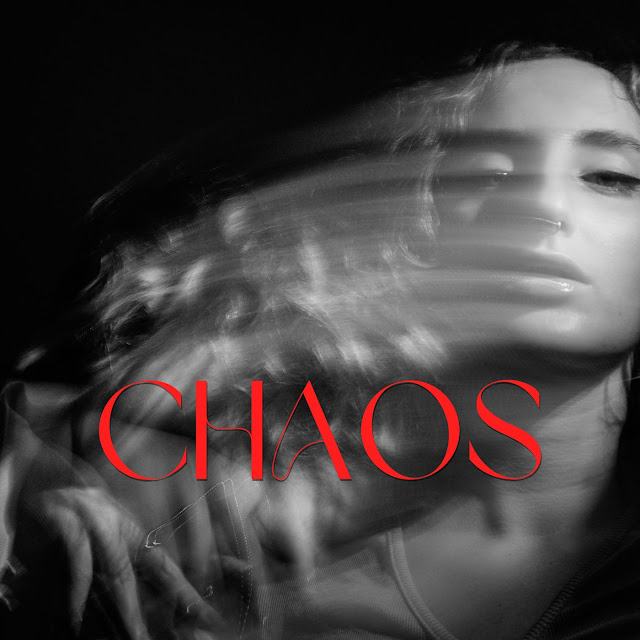What "Woke" Actually Means: A Woman's Take on This Exhausting, Complicated Word
Oh, “woke.” Here we go. This is a word that's gone from sleepily slipping out of our mouths (pun fully intended) to practically exploding in our social feeds, news headlines, and the comment sections of our lives. I mean, it's everywhere. And the irony? The word itself is probably the least "woke" it’s ever been.
So, buckle up, because we’re going to unpack what "woke" actually means—beyond the clickbait, the eye-rolls, and the exhausting arguments over brunch.
1. The Original “Woke”: A Quick History Lesson
First off, let’s clear one thing up: "woke" didn’t just magically appear in our vocabulary a few years ago. Nope. The word has been around for decades, used by Black communities as a term of awareness, especially about social injustices and racial issues.
To be “woke” was originally to be conscious, aware, and awake to the struggles people faced—particularly systemic racism, police brutality, and the inequalities that are still baked into society. It was a good thing. It meant you were paying attention. You got it.
Back then, "woke" was like a quiet badge of honor—if you were paying attention. Not an all-caps status update, just… understanding. Respect. Empathy. But then, oh boy, then things changed.
2. When “Woke” Went Mainstream—And Became a Whole New Thing
Flash forward, and “woke” went mainstream. It got bigger than Beyoncé, spilling into social media, workplaces, and definitely everyone’s Instagram bio. If you weren’t woke, you were “part of the problem.” You know what I'm talking about. Suddenly, everyone wanted to be woke—some genuinely, some to keep their conscience clear, and some because they wanted in on the whole moral superiority trend.
Woke went from this quiet awareness of social issues to a fashionable, Instagrammable lifestyle. Suddenly, it felt like you needed a cheat sheet of the “woke” phrases to survive conversations with anyone under 30. You had to know which causes were "in" and which were "out," what words were okay, and how to cancel people who were problematic (ugh, we’ll get there).
And while some of this awareness-raising was necessary, let’s be real—it also got annoying. Performative wokeness became a thing. People were “woke” until it wasn’t convenient, or until they actually had to change something. There’s a difference between truly caring and just wearing the right T-shirt, you know?
3. The Weaponization of “Woke”
Just when you thought the word couldn’t get more twisted, in came politics. Politicians and talking heads decided "woke" was the latest thing to demonize. “Woke” suddenly stood for everything wrong with society.
Now, if you’re “woke,” you’re apparently oversensitive, an easily offended “snowflake,” or part of some conspiracy to destroy… I don’t know, everything? Seriously, you can’t even discuss basic human rights or fairness without someone calling you "too woke." As if empathy is something to be ashamed of.
Let’s talk about how utterly frustrating this is. "Woke" originally stood for awareness and empathy—it meant looking out for people, advocating for what’s fair, not just shrugging your shoulders when injustice was happening. And yet here we are, watching people twist it into something negative as if empathy and kindness are signs of weakness.
Can you tell I’m a little annoyed? Yeah, that’s the understatement of the year.
4. “Woke” Fatigue: Yes, It’s a Thing
I don’t know about you, but I'm exhausted by the word “woke” at this point. It’s so overused and manipulated that it barely has any meaning left. We've got people who are aggressively woke, people who claim they're not woke at all, and then everyone else who’s just plain tired of hearing about it.
And this is where the disappointment comes in. Because the concept behind being woke? It's actually a pretty decent one. Caring about each other, educating yourself, advocating for others—these are things the world needs. But the way people have twisted and abused this word has left it feeling hollow, overcooked, and totally detached from its roots.
I think that’s the real shame here. The original spirit of "woke" was meant to be this powerful, positive force. And now, it feels like we have to reclaim that positivity, all because a few trolls and extremists on both sides have stomped on it.
5. So, What Does “Woke” Actually Mean Today?
We could sit here all day, dissecting the many lives of "woke," but at the end of the day, it’s like this:
- To be truly “woke” means you care. About people, about the world, about equality. It means trying to be a decent human being, understanding other perspectives, and actually doing something about it.
- It doesn’t mean you need to be “perfect” (thank goodness). You’re going to make mistakes. I know I have. But the key is to stay curious, be humble, and keep learning.
- It’s okay to roll your eyes at the folks who are performatively woke, the ones who post about causes just to look good. We’ve all met them. But it’s also important to not get too cynical because there are people genuinely out there doing the work—and they're the real “woke” ones.
- And yeah, it’s fine to be annoyed by the people who use “woke” as an insult. It’s probably not worth arguing with them anyway—focus on the folks who get it.









Comments
Post a Comment